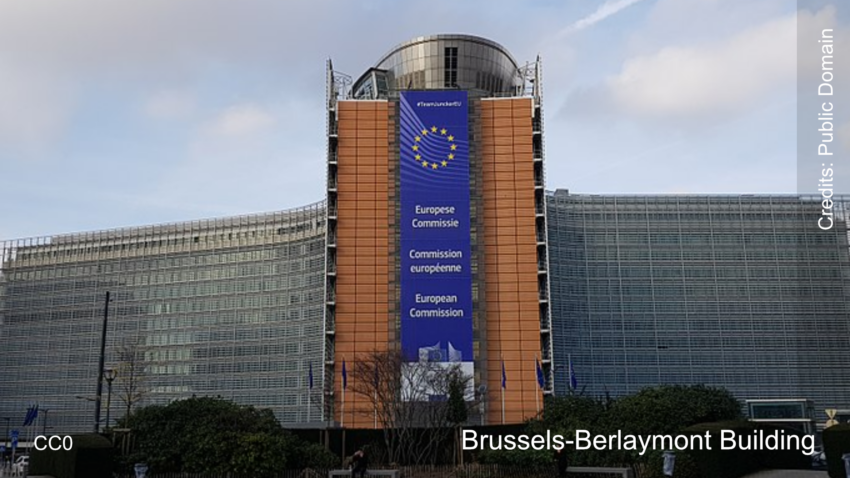The European Commission has issued a stern warning to Elon Musk, owner of the social media platform “X,” formerly known as Twitter. The warning addresses potential non-compliance with the Digital Services Act (DSA) during Musk’s upcoming interview with former President Donald Trump. European Commissioner for Internal Markets, Thierry Breton, emphasized the platform’s obligation to adhere to EU regulations to prevent the spread of harmful content.
- EU’s Warning to X Over DSA Compliance: The European Commission has warned Elon Musk’s platform “X” about potential non-compliance with the Digital Services Act (DSA), specifically as it relates to curbing harmful content during Musk’s upcoming interview with Donald Trump.
- Content Moderation Mandates: Under the DSA, large platforms like X must strengthen content moderation to reduce illegal and harmful content, including hate speech, incitement to violence, and misinformation, with penalties for non-compliance.
- EU-U.S. Tensions on Content Regulation: X CEO Linda Yaccarino argues the EU’s approach infringes on U.S.-based political content, while EU Commissioner Thierry Breton emphasizes that the platform must protect EU users from potentially harmful content.
- Legal Ramifications: The EU’s firm stance suggests that continued non-compliance by X could lead to significant legal consequences, reflecting the growing global focus on regulating online content and its societal impact.
Breton’s letter, sent on Monday, outlines the requirement for “X” to implement effective measures to curb content that could incite violence, hate, and racism. The letter highlights the EU’s vigilance over the potential risks associated with such content, especially given its accessibility to EU users. Breton stressed that any violations of the DSA could lead to legal consequences for the platform. Reuters and other media outlets have reported on the EU’s firm stance on ensuring compliance with these regulations.
The DSA, which became effective in August 2023, mandates that large online platforms enhance their content moderation efforts. It aims to curb illegal content and misinformation while also imposing restrictions on targeted advertising. The EU’s concerns stem from potential content amplification during significant political events, including Musk’s conversation with Trump. The EU has already scrutinized “X” for allegedly breaching the DSA, particularly regarding Musk’s verification policy, which could potentially mislead users.
In response, X CEO Linda Yaccarino criticized the EU’s approach, suggesting it overreaches by applying European laws to US political activities. She argued that it undermines European citizens’ ability to independently interpret discussions. Despite the criticism, the EU remains firm in its position, insisting that “X” must swiftly inform EU authorities of any measures taken to address illegal content.
Breton’s letter serves as a reminder of the EU’s commitment to safeguarding its citizens from harmful online content. The potential legal action against “X” underscores the seriousness with which the EU views compliance with the DSA. The ongoing scrutiny of Musk’s platform reflects broader concerns about content moderation on social media and its impact on public discourse.

